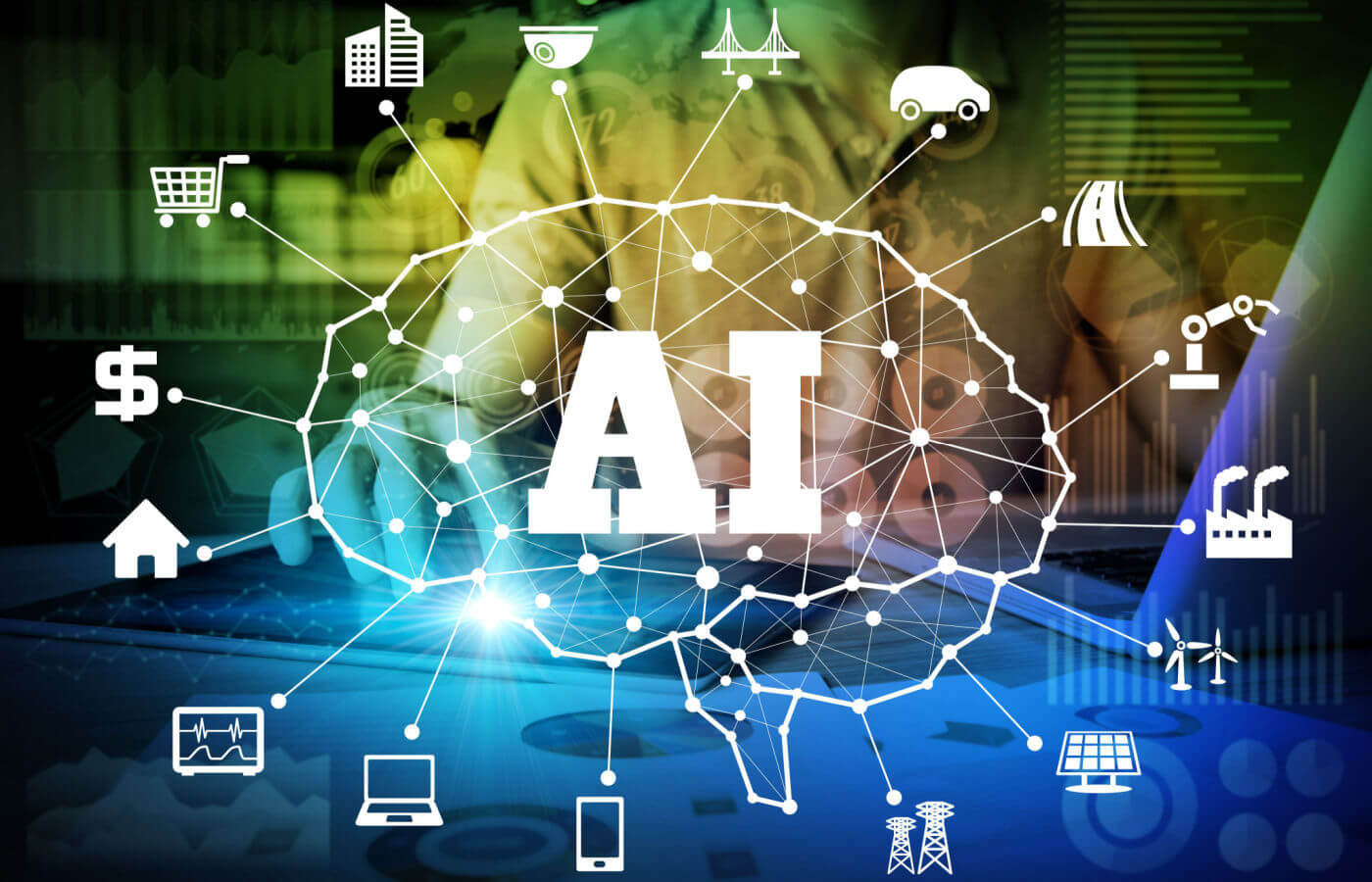OpenAI's High-Stakes Negotiation with Microsoft: Funding, IPO, and the Future of AI
OpenAI is currently in "a tough negotiation" with Microsoft, according to a report by the Financial Times, citing a source close to OpenAI. The core of the discussion revolves around securing new funding and paving the way for a potential Initial Public Offering (IPO) for OpenAI.
The Multibillion-Dollar Partnership Under Review
Both OpenAI and Microsoft are actively "rewriting the terms of their multibillion-dollar partnership in a high-stakes negotiation." This revision is crucial for both entities as they navigate the evolving landscape of artificial intelligence and its commercial applications.
Microsoft's Perspective: Protecting Access to Cutting-Edge AI
Microsoft aims to safeguard its access to OpenAI's advanced AI models, which are integral to Microsoft's own AI-driven products and services. The negotiation also addresses Microsoft's concerns about OpenAI's proposed corporate restructuring.
A key point of contention is the equity Microsoft will receive in the restructured OpenAI, considering its substantial investment of over $13 billion to date. The original contract, established in 2019 with an initial $1 billion investment, extends to 2030 and outlines Microsoft's access to OpenAI's intellectual property, including AI models and products, as well as revenue sharing from product sales.
Microsoft is reportedly willing to relinquish some of its equity stake in OpenAI's for-profit business in exchange for access to new technologies developed beyond the 2030 cutoff. This highlights the long-term strategic importance of the partnership and the continuous innovation in the AI field.
OpenAI's Restructuring and the Need for Capital
Industry insiders suggest that the failure of OpenAI's plan to establish its business arm as a public benefits corporation could significantly impede its ability to raise capital, pursue a future IPO, and compete with major technology rivals like Google. This situation places OpenAI's future in the hands of investors, particularly Microsoft, who seek to benefit from its substantial growth.
Dorothy Lund, a professor of law at Columbia Law School, emphasizes that OpenAI's dependence on investors' capital necessitates keeping them satisfied. However, tensions exist due to OpenAI's competitive actions, such as targeting Microsoft's potential enterprise clients with its AI products.
The Stargate Project and Diversification of Partnerships
OpenAI's decision to collaborate with Oracle and SoftBank for its massive AI infrastructure project, Stargate, has also introduced friction. A senior Microsoft employee expressed concerns about OpenAI's attitude, stating, "OpenAI says to Microsoft, 'give us money and compute and stay out of the way: be happy to be on the ride with us'. So naturally this leads to tensions. To be honest, that is a bad partner attitude, it shows arrogance."
The Stakes: OpenAI's Future Hangs in the Balance
The ongoing negotiation is critical to OpenAI's restructuring efforts and will likely determine the company's future trajectory. The outcome will impact its ability to innovate, compete, and maintain its position at the forefront of AI development.
Key Issues in the OpenAI-Microsoft Negotiation
- Funding for AGI: OpenAI needs substantial capital to continue its research and development efforts toward artificial general intelligence (AGI).
- Equity Stakes: Microsoft's current equity stake and its potential adjustments are central to the negotiation.
- Access to Technology: Microsoft wants to ensure continued access to OpenAI's cutting-edge AI models and future innovations.
- Corporate Structure: OpenAI's plan to restructure its business arm as a public benefits corporation is under scrutiny.
- Partnership Terms: The terms of the original 2019 contract are being revised to reflect the current landscape and future goals.
- Competition: OpenAI's competitive actions, such as targeting Microsoft's enterprise clients, are creating tension.
- Infrastructure: OpenAI's partnerships with Oracle and SoftBank for the Stargate project have complicated the relationship with Microsoft.
The Broader Implications for the AI Industry
The outcome of the OpenAI-Microsoft negotiation will have significant implications for the broader AI industry. It will influence the dynamics between AI developers and major technology companies, the flow of investment into AI research, and the direction of AI innovation.
The Role of Public Benefits Corporations
OpenAI's attempt to structure its business arm as a public benefits corporation reflects a growing trend among tech companies to balance profit-making with social responsibility. However, the challenges OpenAI faces in this endeavor highlight the complexities of this approach.
The Importance of Strategic Partnerships
The OpenAI-Microsoft relationship underscores the importance of strategic partnerships in the AI industry. These partnerships enable companies to leverage each other's strengths, share resources, and accelerate innovation. However, they also require careful management to avoid conflicts of interest and maintain a healthy balance of power.
Potential Outcomes and Future Scenarios
Several potential outcomes could emerge from the OpenAI-Microsoft negotiation, each with its own set of implications:
- Successful Renegotiation: OpenAI and Microsoft reach a mutually beneficial agreement that secures funding for OpenAI, protects Microsoft's access to technology, and addresses concerns about competition and corporate structure.
- Stalemate: The negotiation reaches a standstill, leading to uncertainty about OpenAI's future and potentially opening the door for other investors or partners.
- Breakup: OpenAI and Microsoft fail to reach an agreement, resulting in a complete separation and potentially hindering both companies' AI ambitions.
- Acquisition: Microsoft acquires a larger stake in OpenAI, giving it greater control over the company's direction and technology.
Conclusion: A Pivotal Moment for OpenAI and the AI Landscape
The negotiation between OpenAI and Microsoft represents a pivotal moment for both companies and the broader AI landscape. The outcome will shape the future of AI development, investment, and competition, and will have lasting implications for the technology industry as a whole. As OpenAI navigates these complex discussions, its ability to balance its mission-driven goals with the demands of investors will be crucial to its long-term success.
